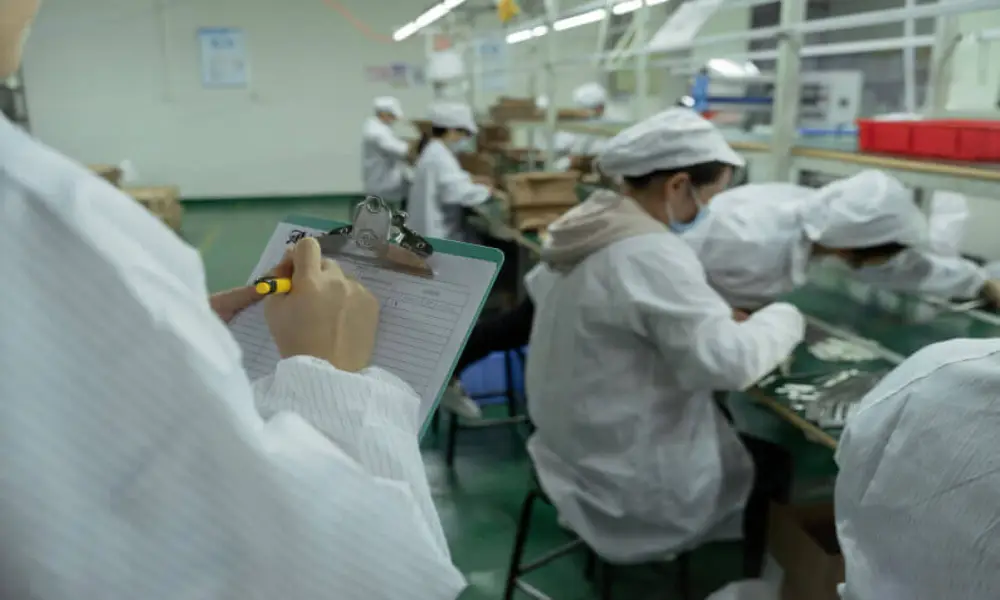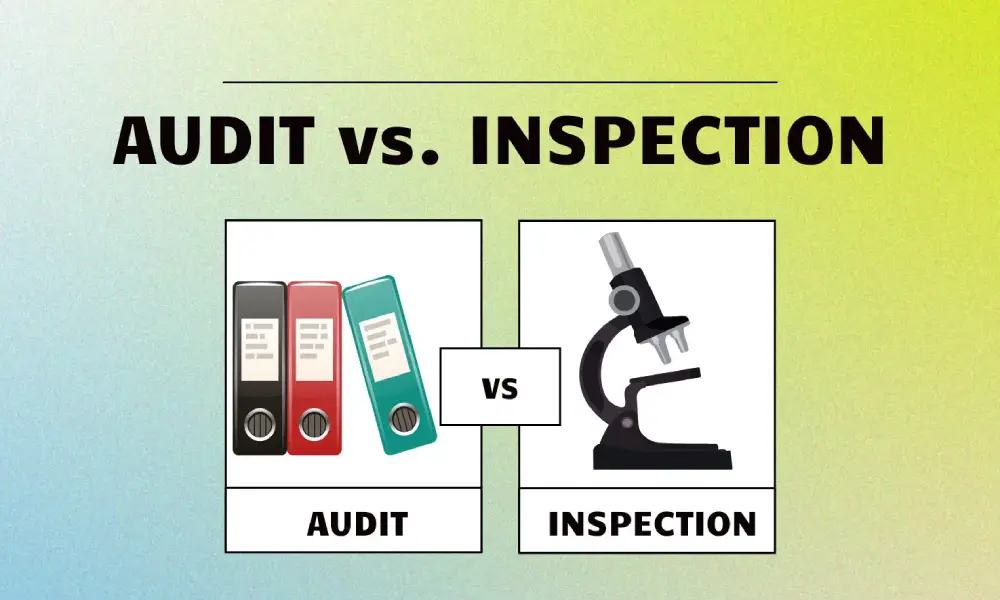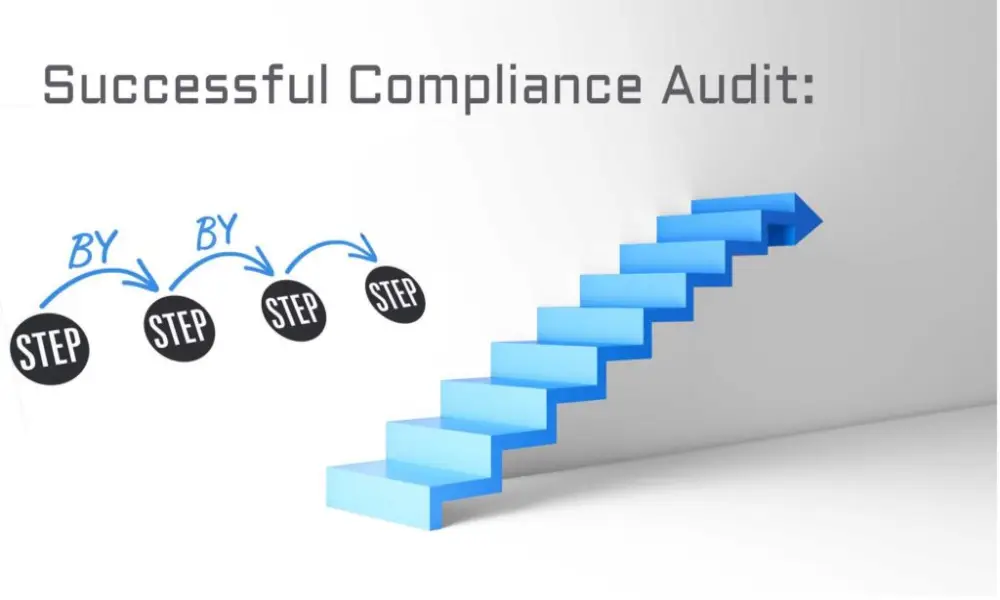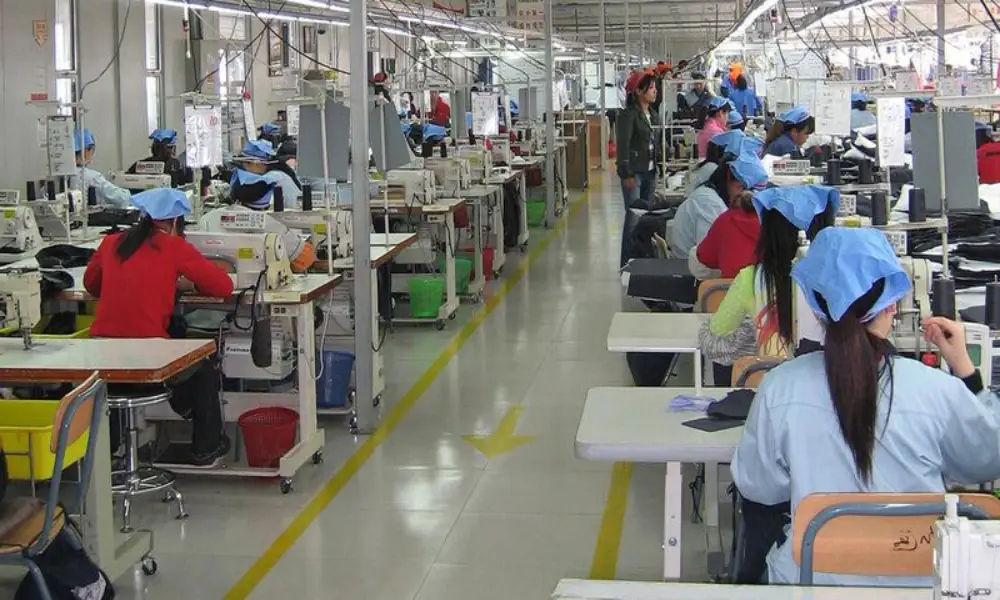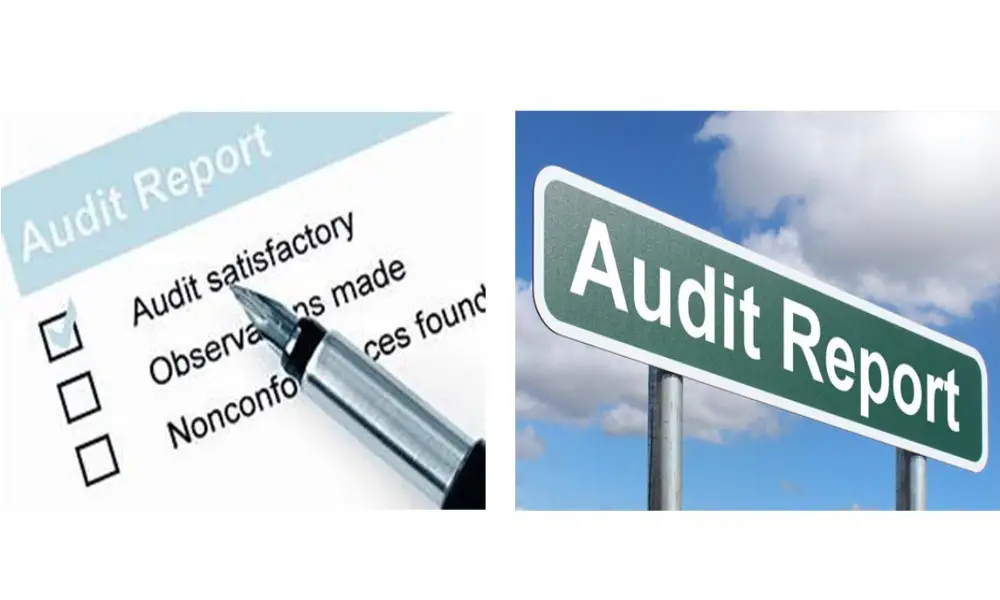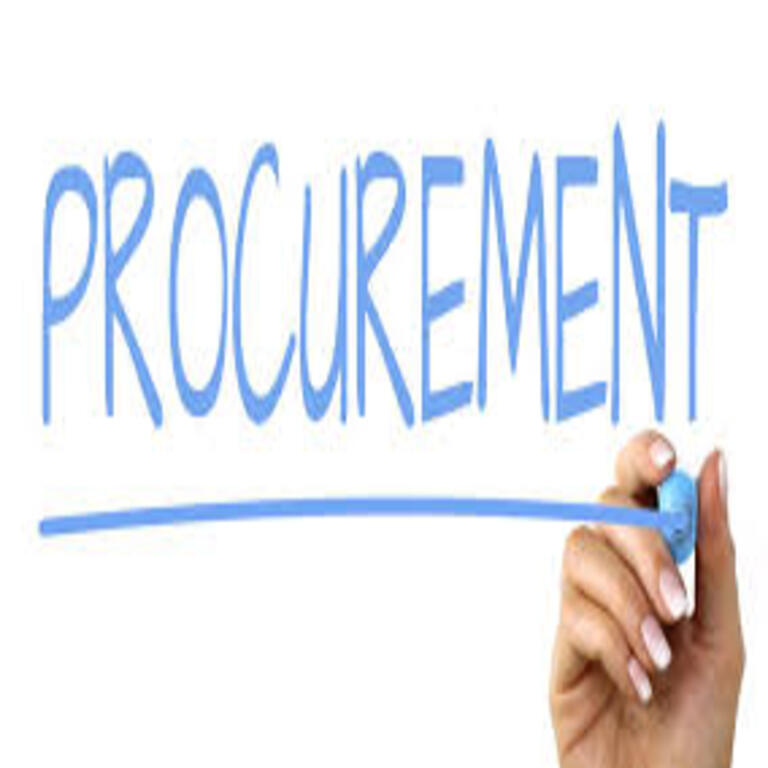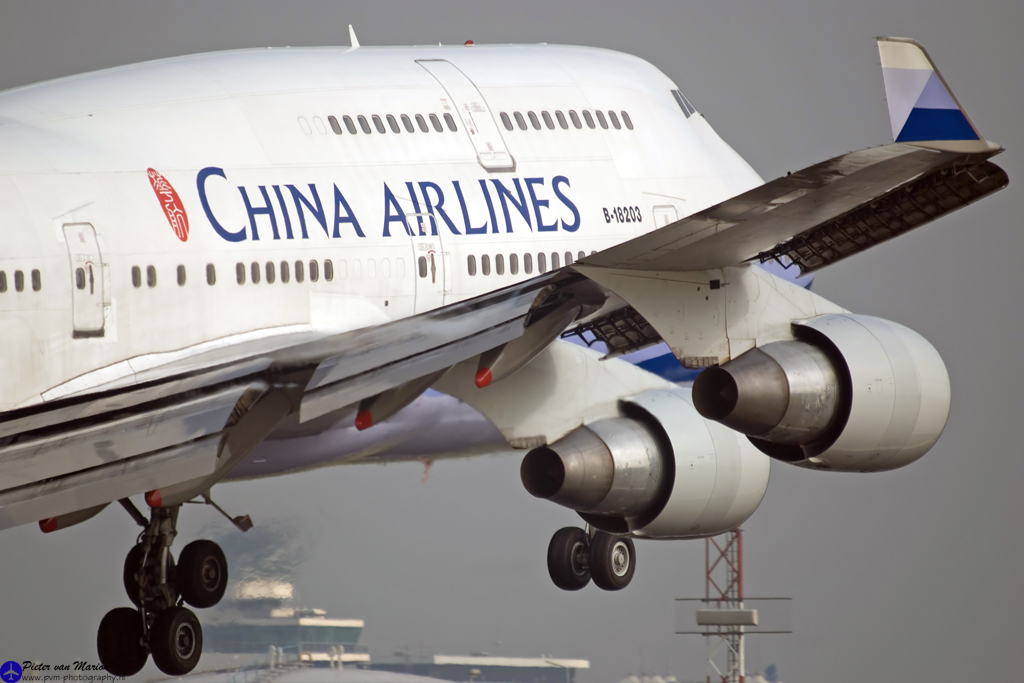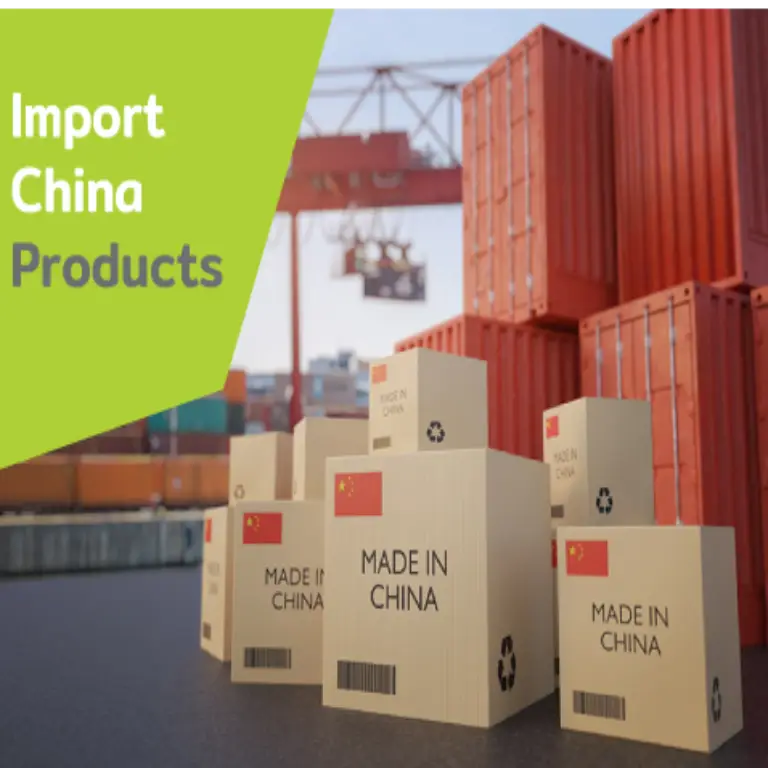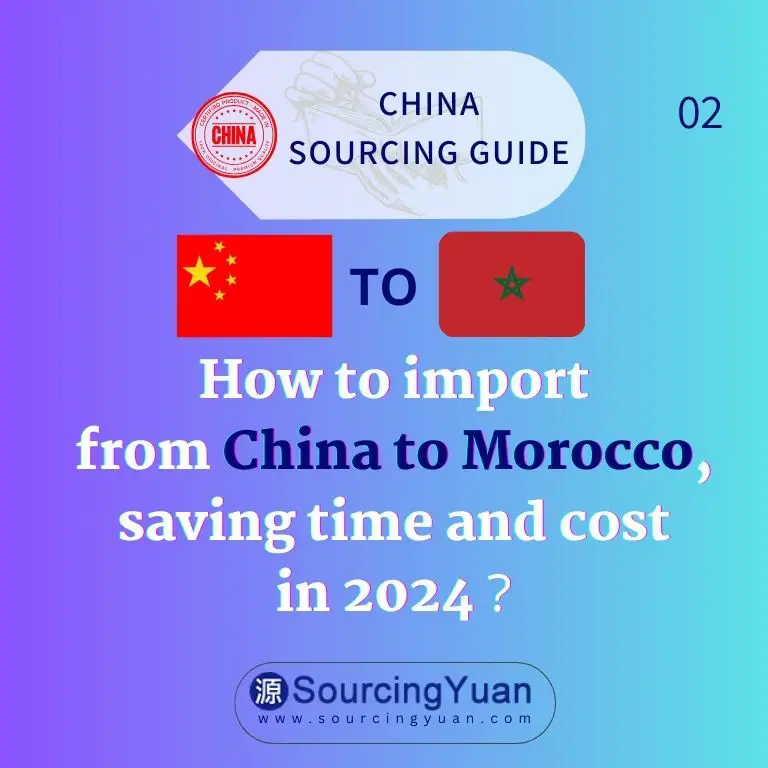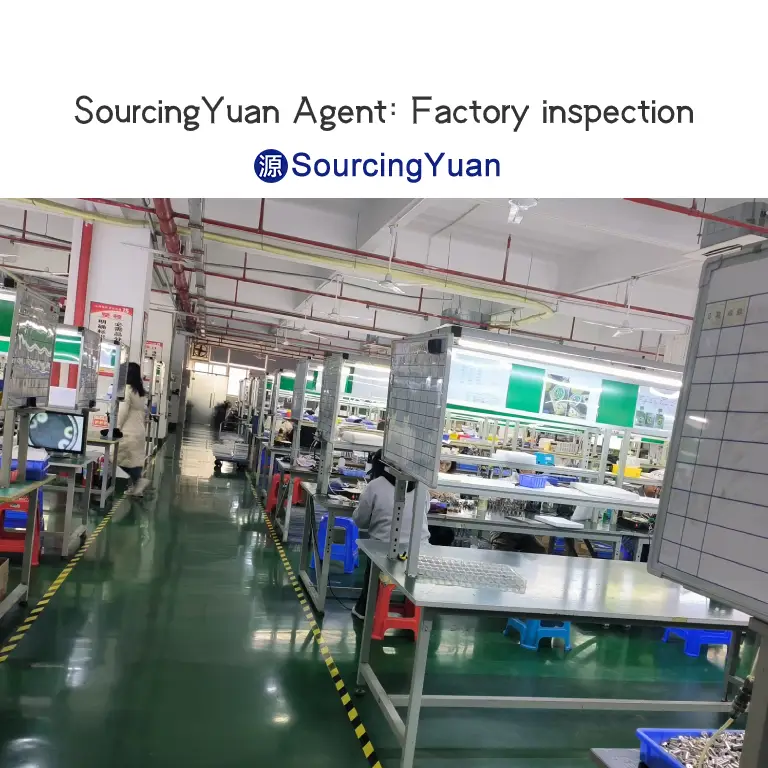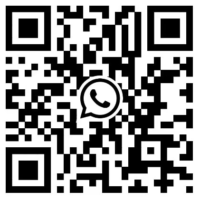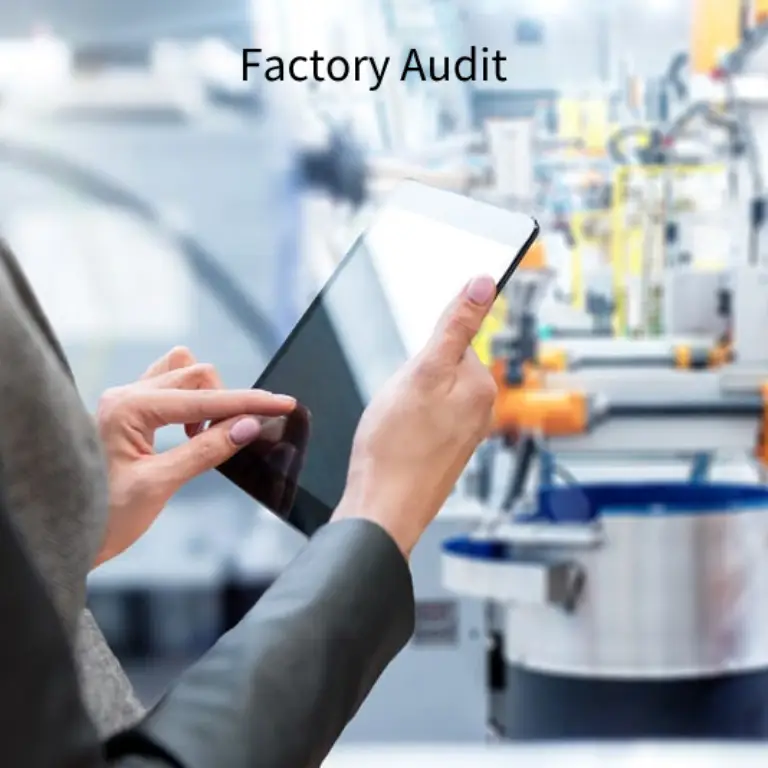
In the fast-paced world of international trade, ensuring the quality and reliability of production partners is crucial. Factory audits are a key tool in achieving this goal, going beyond surface-level product inspections. Let’s delve into the world of factory audits, understanding what they are, their importance, and the differences between factory audits and quality inspections.
Factory Audit Definition
A factory audit involves analyzing your supplier’s production facilities to confirm their production capacity and quality management system, ensuring compliance with laws and regulations, and assessing product quality and workplace safety. The scope of factory audits includes checking the security and compliance of business transactions, processes, and systems. Audits can evaluate the authenticity of potential suppliers and the validity of export licenses. Conducting audits helps ensure compliance with global market, industry, and regulatory requirements.
Wisdom in Factory Audits for Importers
For foreign businesses, factory audits primarily aim to protect their company’s brand image. Given the distance from China for many foreign businesses, addressing issues with contracted factory products or management can be challenging. To mitigate unnecessary troubles, optimize supply chain management, and uphold brand value, foreign businesses implement factory audits before making orders from contract factories. Audits effectively supervise labor, quality, and other issues, contributing to the protection and enhancement of the enterprise’s brand value. Moreover, developed countries like Europe and the United States encourage multinational companies to monitor foreign factories for compliance with labor standards through legal, administrative, and investment trade means, sanctioning factories violating labor standards.
Differences Between Factory Audits and Quality Inspections
Factory audits and quality inspections are two different concepts, differing in purpose, scope, and methods.
Purpose
Factory Audit: Comprehensive assessment of a manufacturing facility’s overall capability, management system, compliance, and reliability to ensure the feasibility of long-term collaboration, including aspects of social compliance, safety, and environment.
Quality Inspection: Focuses on the specific quality of products, checking whether they meet specified specifications, standards, and quality requirements to ensure they meet the expected quality level.
Scope
Factory Audit: Broader scope, covering various aspects of the entire manufacturing process and factory operations, including management systems, social responsibility, safety measures, environmental management, etc.
Quality Inspection: Focuses on inspecting the quality of finished products, usually through sampling tests, measurements, and testing.
Methods
Factory Audit: Typically a systematic process, including document reviews, on-site inspections, employee interviews, etc., to gain a comprehensive understanding of the factory’s operations.
Quality Inspection: Usually involves visual inspection, measurements, functional tests, etc., to verify if products meet predetermined standards.
Time Difference
Factory Audit: Typically a relatively lengthy process as it requires in-depth understanding and evaluation of various aspects of the factory.
Quality Inspection: Can be a relatively short-term activity, especially for quick checks on the production line.
Best Practices and Timing for Factory Audits
The timing for conducting factory audits can vary based on company needs and specific situations but generally occurs in the following scenarios:
# New Supplier Evaluation: When considering collaboration with new manufacturers or suppliers, conducting a factory audit is a crucial step to ensure they meet your quality and compliance standards. This helps reduce potential risks and ensures you choose reliable partners.
# Regular Audits: Even after establishing a relationship, periodic factory audits are essential to ensure ongoing compliance with standards. This can be done annually, biennially, or as per the specific needs of your company.
# Product Line Expansion: When planning to expand your product line or seeking new manufacturers to meet different requirements, a factory audit is necessary to ensure new partners meet relevant standards.
# Quality Issues or Changes: If quality issues arise during collaboration with a supplier or significant changes occur, additional factory audits may be needed to confirm the resolution of quality issues or compliance with your requirements.
# Regulatory or Standard Changes: If there are changes in relevant regulations or standards, a factory audit may be necessary to ensure supplier production aligns with the new regulations.
# Risk Management: During significant supply chain risks or global events (such as pandemics, earthquakes, etc.), strengthening audits of suppliers may be necessary to ensure business stability and reliability.
Practical Steps for Conducting Proper Factory Audits
The factory audit process refers to the arrangement and organization of steps during the factory audit assessment. The process is generally similar for different clients or brands.
Application
Initiation: Factory audits are typically initiated by the client or requested by intermediaries when adding a new factory to the supply chain.
Submission: The intermediary or factory submits written audit requirements to the client.
Audit Confirmation: The client agrees to the audit, specifying the audit organization.
Payment: The factory or client/intermediary pays the audit organization for relevant fees (such as audit fees, travel expenses).
Planning
After receiving audit fees, the audit company sends an audit questionnaire and confirmation letter to the factory for completion.
Based on the factory’s responses, the audit company devises an audit plan, internally scheduling tasks, including auditor assignments and audit date arrangements.
Implementation
On the specified audit date or within the audit notice period, auditors visit the factory to conduct the audit.
The audit process includes an opening meeting, on-site inspections, document checks, employee interviews, and a closing meeting.
Improvement
After the audit, the factory receives findings on the same day. Within 7-14 working days, the audit company sends a formal audit report to the client.
Based on the severity of the findings in the report, the client requests the factory to determine the audit results—pass or require follow-up actions.
Rectification
The factory provides corrective and preventive measures, evidence of correction, completion dates, and responsible personnel. If the audit result is satisfactory, an annual audit is typically scheduled after 12 months.
Types of Factory Audit
Manufacturing Audit
Focuses on evaluating the production capacity of manufacturing factories, ensuring suppliers can produce products that meet company specifications and withstand potential production interruptions.
Social Responsibility Audit
Reviews whether the factory assumes social responsibility, including providing a safe, healthy, socially responsible work environment and adhering to good labor practices and wage standards.
Structural Audit
Aims to analyze the integrity and safety of supplier buildings and premises, including structural integrity and fire safety measures, ensuring the factory has sufficient safety and compliance measures.
Environmental Audit
Helps assess whether the factory complies with local environmental regulations by monitoring and improving the environmental impact of the supply chain. Aims to drive factories to adopt environmental measures and ensure operations comply with environmental standards and sustainable development principles.
Customs-Trade Partnership Against Terrorism (C-TPAT) Audit
Focuses on enhancing the security of the supply chain involving private companies, led by the U.S. Customs and Border Protection. Assesses and strengthens security measures through practical and virtual means to ensure the security of the supply chain.
Food Supplier Audit
Specifically for factory audits of food suppliers, emphasizing food quality and safety, ensuring production facilities meet appropriate standards to guarantee the safety and reliability of food supplier products.
Factory Audit Checklist
To conduct a comprehensive factory assessment, the following documents are generally required on the day of the factory assessment (as applicable):
- Employment contracts for all staff
- Personnel records and photocopies of ID for all staff
- Leave records, resignation application forms, and wage payment records
- Factory rules, discipline records, and records of employee rewards and penalties
- Social insurance payment records and related certificates (if applicable)
- Fire drill records, fire training records, and records of fire facility inspections
- Business license, national and local tax registration certificates
- Kitchen hygiene license, health certificates for kitchen staff, medical examination records for underage workers, and registration certificates for on-the-job training (if applicable)
- List of production equipment and records of acceptance and maintenance of special equipment, annual inspection records for various special equipment or permits (such as elevator and boiler safety inspections), and certifications for employees operating various special equipment (such as forklift licenses, electrician certificates)
- Wastewater discharge permits, permits for the emission of hazardous (dangerous) waste (if applicable)
- Other government-approved or licensed certificates (such as comprehensive timing or other types of overtime approvals)
- Employee safety and health training and job training records, chemical personnel training (if applicable)
- Records of work-related accidents, first aid personnel training certificates
- Evaluation of risks for each position and assessment of personal protective equipment to be provided (if applicable)
- Records related to the union (if applicable)
- Factory layout plan
Sourcingyuan Support: Comprehensive Assistance for China Factory Audits
Sourcingyuan understands the importance of having a high-quality, efficient, and compliant supply chain for businesses. We provide robust factory audit services, continuously minimizing potential risks and offering you an accurate overview of suppliers. Our commitment is to ensure you can deliver high-quality products to customers in a timely and safe manner.
Our audit team visits factories, assessing the reliability, legality, and production capacity of all processes. We can provide you with detailed factory audit information in real-time through video, along with all relevant documents, ensuring you have full visibility into production conditions.
In the globalized business environment, following the correct audit processes, selecting appropriate audit types, and timely follow-up after identifying issues can help companies maintain competitiveness in a fierce market. As your partner, Sourcingyuan is dedicated to providing comprehensive support for your factory audits in China, considering them as a crucial link in quality management and risk prevention, helping you achieve long-term business success.
Related Articles:
1. SourcingYuan Agent:China Factory inspection services and Report for LY factory
